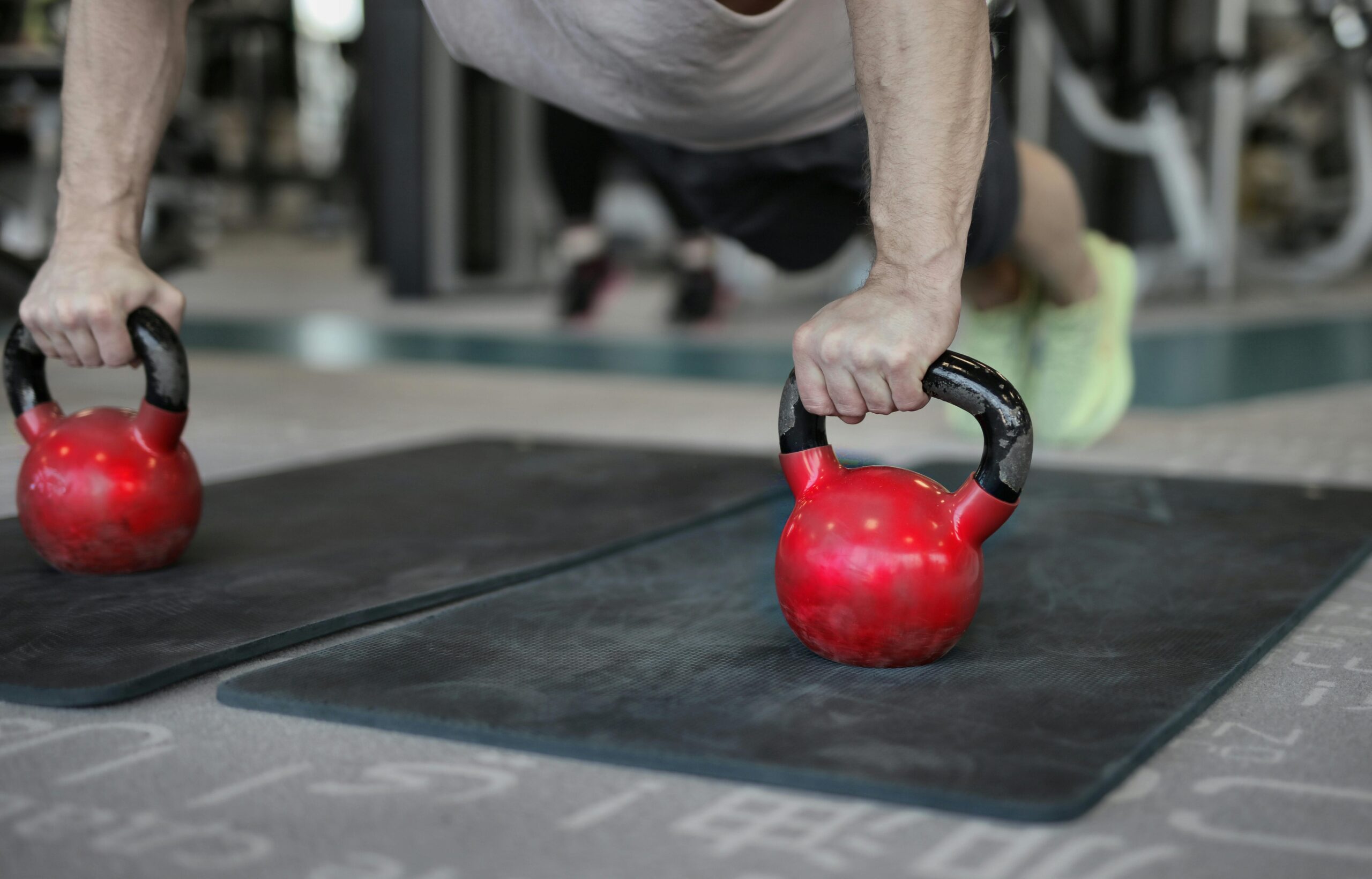In a world dominated by technology and sedentary lifestyles, regular physical activity has become more essential than ever. Whether you’re trying to lose weight, prevent diseases, or simply feel more energetic, exercise is a powerful tool for achieving total health.
This comprehensive guide will explore the importance of regular exercise, its benefits for your body and mind, and how you can make it a consistent part of your daily routine — no matter your age or fitness level.
🔍 What is Regular Exercise?
Regular exercise means engaging in moderate to vigorous physical activity on a consistent basis.
It includes:
- Aerobic exercise (cardio): walking, running, cycling
- Strength training: lifting weights, resistance bands
- Flexibility exercises: yoga, stretching
- Balance exercises: Tai Chi, standing yoga poses
Recommended by WHO:
Adults should aim for 150–300 minutes of moderate-intensity exercise or 75–150 minutes of vigorous activity every week.
❤️ Top 10 Benefits of Regular Exercise
1. Boosts Heart Health
Exercise strengthens the heart muscle, improves circulation, and reduces blood pressure.
- Lowers bad cholesterol (LDL)
- Increases good cholesterol (HDL)
- Reduces risk of heart disease and stroke
2. Aids Weight Management
By burning calories and building lean muscle, exercise helps you maintain a healthy weight.
- Combats obesity
- Reduces belly fat
- Increases metabolic rate (you burn more calories at rest)
3. Improves Mental Health
Physical activity is a natural antidepressant.
- Reduces anxiety and stress
- Releases endorphins (feel-good hormones)
- Improves sleep and cognitive function
Studies show that just 30 minutes of walking a day can significantly reduce symptoms of depression.
4. Strengthens Muscles and Bones
Weight-bearing exercises increase bone density and muscle strength.
- Reduces risk of osteoporosis
- Enhances balance and coordination
- Prevents falls in older adults
5. Boosts Immune System
Regular workouts improve circulation, which allows immune cells to travel more efficiently.
- Fights off infections
- Reduces inflammation
- Improves response to vaccines
6. Enhances Brain Function
Exercise improves memory, concentration, and learning ability.
- Increases blood flow to the brain
- Encourages the growth of new neurons
- Reduces the risk of dementia and Alzheimer’s
7. Improves Sleep Quality
People who exercise fall asleep faster and enjoy deeper sleep.
- Helps regulate your circadian rhythm
- Reduces insomnia
- Increases REM (restorative) sleep
8. Boosts Self-Esteem and Confidence
As your body becomes stronger and more energetic, your confidence naturally improves.
- Better body image
- Improved social interactions
- Greater sense of accomplishment
9. Increases Energy Levels
Contrary to what you might think, exercise doesn’t exhaust you — it energizes you!
- Improves oxygen flow
- Enhances stamina
- Reduces fatigue from chronic conditions
10. Reduces Risk of Chronic Diseases
Exercise helps prevent and manage conditions like:
- Type 2 diabetes
- High blood pressure
- Cancer (breast, colon, lung)
- Arthritis and joint pain
🧠 Exercise and Mental Wellness
Mental health is just as important as physical health — and regular movement has a profound impact on your brain.
How exercise benefits mental health:
- Releases dopamine and serotonin (mood boosters)
- Acts as a healthy coping mechanism
- Increases self-control and reduces cravings
- Provides a sense of structure and purpose
🧘 “Exercise is medicine — for the body, and the mind.”
🕒 How to Make Exercise a Habit
Many people struggle to stick to a workout routine. Here’s how you can make it enjoyable and sustainable:
1. Set SMART Goals
- Specific: “I’ll walk 30 minutes daily.”
- Measurable: Track time, steps, or distance.
- Achievable: Start with 3 days a week.
- Realistic: Don’t push too hard, too fast.
- Time-bound: “In 30 days, I’ll build a habit.”
2. Find What You Love
Hate the gym? No problem.
- Try dancing, swimming, cycling, or hiking.
- Join a group class or sports team.
- Even gardening and house chores count!
3. Create a Routine
- Exercise at the same time daily.
- Morning workouts boost focus; evening workouts reduce stress.
- Block off time in your calendar like an appointment.
4. Track Your Progress
Use apps or journals to log workouts and see improvement.
- Fitbit, Apple Watch, or mobile apps can motivate you.
- Celebrate small milestones.
5. Stay Accountable
- Partner up with a friend or family member
- Share your goals on social media
- Join online fitness communities
🥗 Nutrition + Exercise = Maximum Results
Exercise alone isn’t enough — your body needs the right fuel.
| Focus On | Examples |
|---|---|
| Pre-Workout | Banana, oatmeal, smoothie |
| Post-Workout | Protein shake, eggs, Greek yogurt |
| Hydration | Water, coconut water, herbal tea |
| Recovery foods | Berries, leafy greens, salmon |
Avoid sugary, fried, and processed foods, especially after a workout.
🧓 Exercise at Every Age
👶 Children & Teens
- At least 60 minutes of active play daily
- Builds strong bones and habits for life
👩 Adults
- 150 minutes/week of moderate activity
- 2 days/week of muscle strengthening
👵 Seniors
- Focus on balance and flexibility
- Reduces risk of falls and boosts independence
Note: Always consult a doctor before starting if you have medical conditions or are over 40 and inactive.
📋 Sample Weekly Workout Plan
| Day | Activity |
|---|---|
| Monday | 30-min brisk walk + 15-min strength |
| Tuesday | Yoga or stretching (30 mins) |
| Wednesday | Jog or cycling (45 mins) |
| Thursday | Rest day or light stretching |
| Friday | Full-body workout or HIIT (30 mins) |
| Saturday | Sports or hiking |
| Sunday | Rest and recovery |
🧬 Final Thoughts: Exercise is Life
Regular physical activity is not a luxury — it’s a necessity. You don’t have to run marathons or lift heavy weights to reap the benefits. All you need is consistency, variety, and a positive mindset.
By incorporating just 30 minutes of movement into your daily life, you can add years to your lifespan and life to your years.
🌟 Move your body. Nourish your mind. Empower your life.



